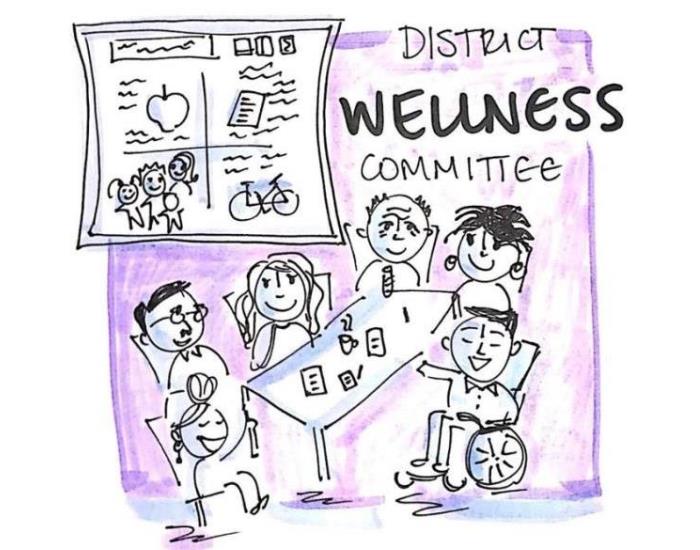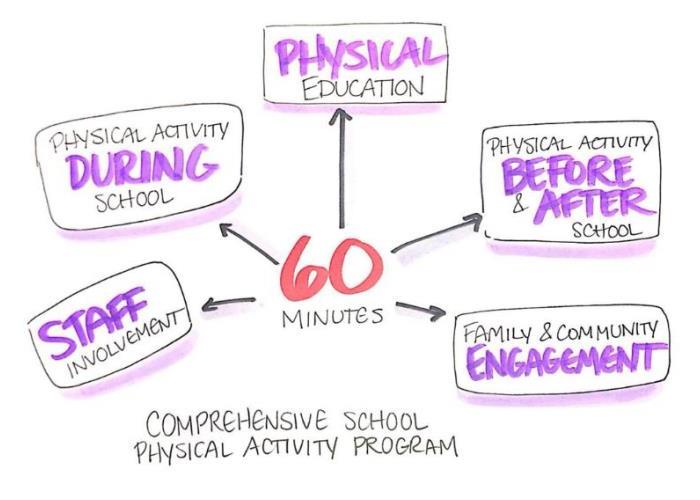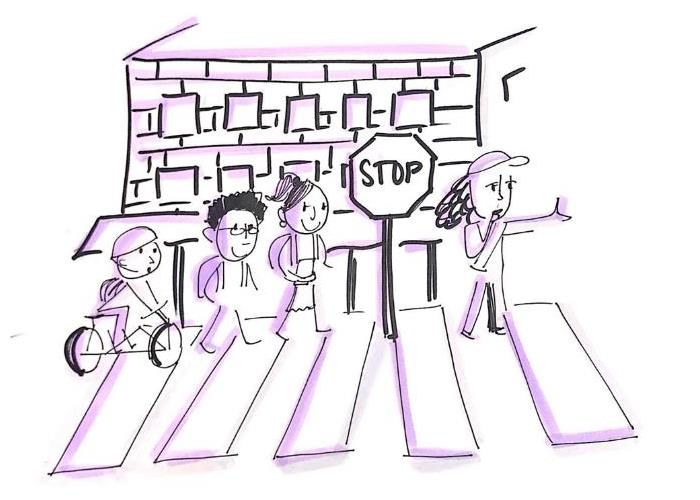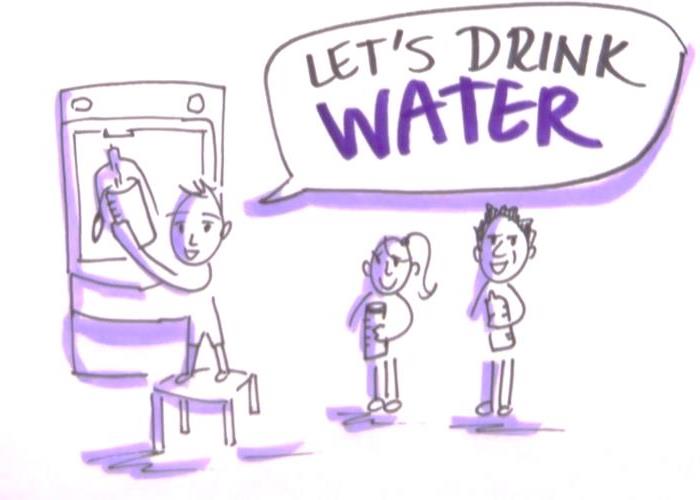Health and Wellness At Butler
Youth spend most of their awakening hours at school, underlining the importance schools have in supporting student health and wellness. As an extension of the Parent Teacher Association (PTA), a wellness committee was formed at Butler to focus on the health and well-being of students, staff, and families. The Butler Wellness Committee (BWC) is comprised of the Principal, Nurse, and several teachers and parents. BWC strategies will be informed by The Whole School, Whole Community, Whole Child, or WSCC model which emphasizes the role of the community in supporting the school, the connections between health and academic achievement and the importance of evidence-based school policies and practices.
The Butler Wellness Committee wants to better understand the thoughts of Butler parents/guardians regarding the school lunch program. The information will help us better understand how you feel about the school lunch and if we should advocate for any change(s). We hope that you will take this 2 min survey: https://www.surveymonkey.com/r/3f7mtv8
If you are interested in being involved in the BWC, please contact Tammy Calise (PTA Health and Wellness Lead), at Butlerwellnesscommittee@gmail.com.
Given the interests and concerns voiced by the Butler community, BWC prioritized two of the WSCC components: physical activity and nutrition for the 2019-2020 school year. The physical activity efforts will be informed by the Comprehensive School Physical Activity Program (CSPAP) which suggests schools should build on physical education as the foundation while also coordinating physical activity before, during, and after school; ensuring staff involvement; and engaging families and the overall community so that students are able to meet the recommended 60 minutes of daily physical activity and gain skills to be active for their entire lives.





Increase activity before school. BWC will continue to support and strengthen opportunities for children to be physically active before school, through Walk to School Days, and other activities.
Stayed tuned for more information about the PTA sponsored 2020-2021 activities at Butler.
Safe Routes to School page has detailed walking, drop-off, and parking information.
Increase activity during school. The BWC will work with interested teachers to integrate physical activity into lessons and also provide physical activity breaks in and outside the classroom. Being seated for long periods of time has some major drawbacks for kids. Not only does it make it tough for them to get enough physical activity throughout the day, it makes it hard for them to pay attention and learn. Giving students “Brain Breaks” throughout the day increases students’ on-task behavior AND the amount of physical activity they get every day. Brain Breaks are short, energizing bursts of activity that boost blood flow, send oxygen to the brain, and help kids better retain information. They can be as simple as taking five minutes to stand up, stretch, and run in place next to the desk.
Here is a list of “Brain Break” resources. Parents, on cold, rainy days, try them at home!
Move to Learn Fitness Energizers: More than 30 fitness videos for students K-8 with routines kids can do alongside their desks.
Energizers for Grades K-2: Ideas for incorporating academic concepts into physical activity, such as games that mix jumping and running in place with learning letters and numbers.
Go Noodle Brain Breaks: Tons of free, short videos to get kids moving in the classroom, including short dance routines.
Adventure to Fitness: Videos that incorporate physical activity and common core-aligned learning, like jogging (in place) through Yellowstone National Park. Free registration gives teachers access to some videos.
Increase access to free drinking water.
Providing access to drinking water gives students a healthy alternative to sugar-sweetened beverages like juice, soda, and sports drinks. Adequate hydration is important for the health and well-being of children. Having easy access to water helps to increase students’ overall consumption, maintain hydration, improve cognitive function, and reduce energy intake if substituted for sugar-sweetened beverages. The BWC will work to increase access to water fountains, dispensers, and hydration stations throughout the school and ensure students have water bottles in class or to go to the water fountain if they need to drink water.
